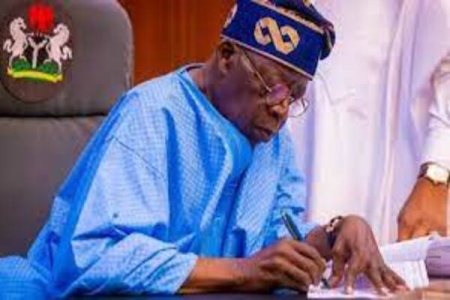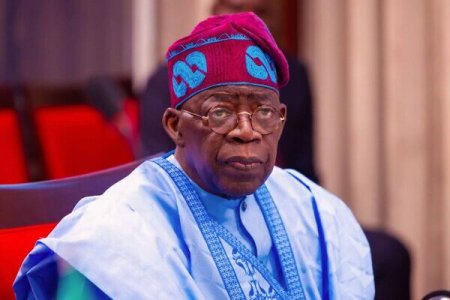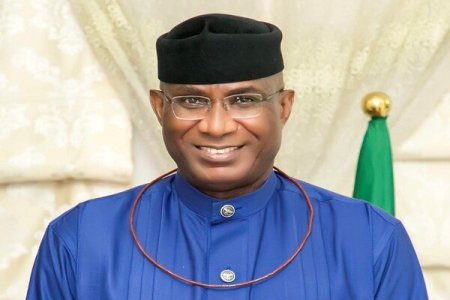
President Bola Tinubu has signed the North-Central Development Commission (NCDC) bill into law, aiming to boost regional growth. While supporters praise the initiative, critics question its effectiveness. Reactions online are mixed, with concerns over political motives and implementation challenges. The commission’s success depends on proper execution and transparency.
President Bola Ahmed Tinubu has enacted the North-Central Development Commission (NCDC) bill into law, a major step aimed at addressing developmental gaps in the region. The bill was signed during a Senate session, as announced by Senate President Godswill Akpabio, who praised the move as crucial for bringing grassroots development and fostering peace.
The NCDC is expected to focus on the economic and infrastructural growth of the North-Central region, which has historically faced challenges in these areas. The new commission is seen as a key instrument for improving local economies by addressing issues such as road infrastructure, healthcare, and education, which are critical to uplifting the standard of living for the region's inhabitants.
However, the signing has sparked mixed reactions. While many are hopeful that the commission will boost the region’s economy, critics question the long-term effectiveness of such commissions, citing concerns about political manipulation and resource mismanagement. There are accusations that these commissions often become channels for political patronage rather than serving the people’s true needs.
Some Nigerians have voiced the opinion that rather than establishing more commissions, the country should consider a more radical change, such as restructuring its governance system to ensure more effective regional development. Despite these criticisms, the establishment of the NCDC marks a significant move toward addressing Nigeria’s regional disparities, with hopes that it will be a catalyst for real change.




